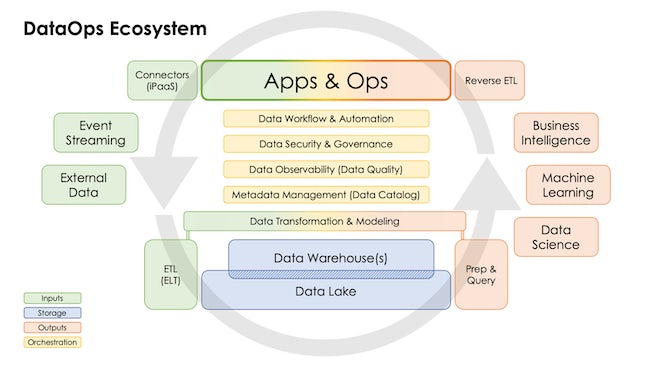- by econsultancy
- 27 Feb 2023
ESW’s Martim Avillez Oliveira on cross-border ecommerce and retail trends
ESW’s Martim Avillez Oliveira on cross-border ecommerce and retail trends
- by econsultancy
- 27 Feb 2023
- in marketing

Martim Avillez Oliveira is CEO Europe for D2C and cross-border ecommerce specialist ESW. We caught up with Martim to find out about his role, as well as his thoughts on trends in retail for 2023 including loyalty, returns, and cross-border shopping.
As CEO Europe for ESW my responsibility is to oversee the overall regional business, ensuring that we deliver and execute our strategic plan, implementing the vision and mission while ensuring we're delivering sustainable profit. The role includes relationships with multiple stakeholders, building and expanding our brand awareness and equity, but I am particularly obsessed with "customers", my natural passion, and I try to spend as much time with them as possible so that we are always listening to their needs.
There's no such thing as a "typical day". Routine is not having a routine, which can be challenging but I have learnt to manage it over time. After living in Hong Kong for 10 years, my family and I are now based in Lisbon where we're originally from. Whether it's our Headquarters in Dublin, or offices in Madrid, London and New York, I often travel to meet with our teams, clients or any other stakeholders, and so commuting has become part of my day to day.
Typically, my day starts with looking at the overall daily sales report, latest trends and KPIs. I review my calendar and meetings for the day and make any necessary adjustments. Next up and a favourite in the day is a quick one on one call with my team leaders - an opportunity to hear insights from the "ground" and sense check the business temperature and relevant trends.
Uncertainly and volatility. Costs for all online retailers are rising unavoidably as a result of inflation, continued supply chain disruptions, wage rises due to a shortage of skilled labour, and rising import costs for countries with weak currencies.
Where these costs may be causing problems in home markets, retailers must start to look further afield, where growth continues unabated. Markets such as Mexico, Germany and Canada are growing fast, but retailers should explore other markets where there may be unfulfilled demand for their particular products.
Building a more ambitious cross-border strategy and going direct to consumer (DTC) where possible will not only find the growth areas but also contain operational costs that might otherwise be eaten up in margin through marketplaces. The advice therefore is that brands and retailers explore new markets while managing their costs through more efficient operations, inventory management, smart promotions, returns processing and so on.
Personally and as a shopper, Gucci Vault is a true example of a memorable "online" experience.
The experimental concept space was curated by Gucci's Creative director, and is a destination for items from the past as well as the present, some rare, some unique, carefully curated with exclusive product drops, collaborations with independent, emerging or well know designers. Here are all the ingredients for a memorable experience that is way beyond traditional retail.
While it has been shown that Millennials and Generation Z in particular are more disloyal than their older counterparts, and more willing to try new products and brands, the truth is that they will demonstrate fierce loyalty to brands and demonstrate that through social media and by taking part in live events. The truth is that customers will be loyal to brands that manage them effectively.
This is not an easy one, because clearly opinion is divided as to whether charging for returns will actually hurt business, and there is some evidence that this is the case. However it may be that reducing the level of returns from unprofitable customers may be worthwhile. At the same time however it may be that some of these serial returners are high value customers, so it's important that brands do their research in order to look more closely at the reasons for and the source of returns, and perhaps consider investing in fit technology to cut returns volumes.
However, with sustainability being high on the agenda, it does seem likely that we will see more companies charging for returns as that will reduce carbon footprint and I think as long as they do this in the right way and sell the idea properly to their customers, they can make it work.
In 2023, consumers will become even more comfortable buying cross-border and they will manage more of their purchases on mobile devices as well as access more apps and channels to browse and order. They will still want fast delivery, although they may not worry so much about getting their orders delivered in under 30 minutes.
To satisfy this demand, retailers will make greater use of things like augmented reality and personalisation tech online in order to help their customers bridge the gap between online and stores. Customers in regions such as Asia are already showing how this works, favouring live streaming to view products, moving over time to an even more immersive experience predicted in the metaverse. Social commerce and "retailment" will continue to rise.
- by foxnews
- descember 09, 2016
Ancient structure used for cult 'rituals' discovered by archaeologists
A Neolithic Timber Circle was discovered by archeologists in Denmark resembling the historical landmark Stonehenge in the U.K. It is open to be viewed by the public.
read more





